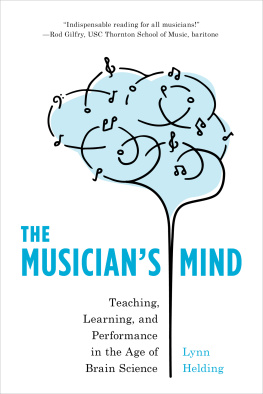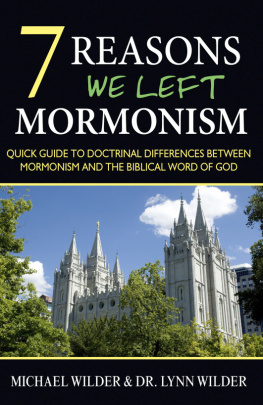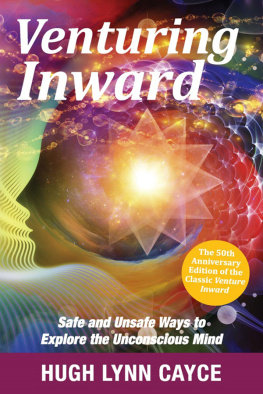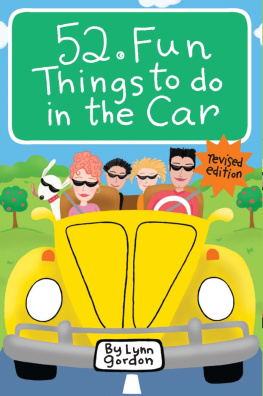Lynn Helding - The Musicians Mind
Here you can read online Lynn Helding - The Musicians Mind full text of the book (entire story) in english for free. Download pdf and epub, get meaning, cover and reviews about this ebook. year: 2012, publisher: Rowman & Littlefield Publishers, genre: Romance novel. Description of the work, (preface) as well as reviews are available. Best literature library LitArk.com created for fans of good reading and offers a wide selection of genres:
Romance novel
Science fiction
Adventure
Detective
Science
History
Home and family
Prose
Art
Politics
Computer
Non-fiction
Religion
Business
Children
Humor
Choose a favorite category and find really read worthwhile books. Enjoy immersion in the world of imagination, feel the emotions of the characters or learn something new for yourself, make an fascinating discovery.
- Book:The Musicians Mind
- Author:
- Publisher:Rowman & Littlefield Publishers
- Genre:
- Year:2012
- Rating:5 / 5
- Favourites:Add to favourites
- Your mark:
- 100
- 1
- 2
- 3
- 4
- 5
The Musicians Mind: summary, description and annotation
We offer to read an annotation, description, summary or preface (depends on what the author of the book "The Musicians Mind" wrote himself). If you haven't found the necessary information about the book — write in the comments, we will try to find it.
The Musicians Mind — read online for free the complete book (whole text) full work
Below is the text of the book, divided by pages. System saving the place of the last page read, allows you to conveniently read the book "The Musicians Mind" online for free, without having to search again every time where you left off. Put a bookmark, and you can go to the page where you finished reading at any time.
Font size:
Interval:
Bookmark:
The Musicians Mind
The Musicians Mind
Teaching, Learning, and Performance
in the Age of Brain Science
Lynn Helding
ROWMAN & LITTLEFIELD
Lanham Boulder New York London
Published by Rowman & Littlefield
An imprint of The Rowman & Littlefield Publishing Group, Inc.
4501 Forbes Boulevard, Suite 200, Lanham, Maryland 20706
www.rowman.com
6 Tinworth Street, London SE11 5AL
Copyright 2020 by The Rowman & Littlefield Publishing Group, Inc.
All rights reserved. No part of this book may be reproduced in any form or by any electronic or mechanical means, including information storage and retrieval systems, without written permission from the publisher, except by a reviewer who may quote passages in a review.
British Library Cataloguing in Publication Information Available
Library of Congress Cataloging-in-Publication Data
Name: Helding, Lynn, 1960, author.
Title: The musicians mind : teaching, learning, and performance in the age of brain science / Lynn Helding.
Description: Lanham : Rowman & Littlefield Publishing Group, 2020. | Includes bibliographical references and index. | Summary: The Musicians Mind translates the latest cognitive and neuroscience research into clear, compelling concepts that enlighten the central pursuits of musicians lives: teaching, learning, and performance. No matter your instrument or level of musical ability, this book will show you new ways to optimize your minds creative power and wellbeingProvided by publisher.
Identifiers: LCCN 2019043511 (print) | LCCN 2019043512 (ebook) | ISBN 9781538109946 (cloth) | ISBN 9781538109953 (paperback) | ISBN 9781538109960 (epub)
Subjects: LCSH: MusicPsychological aspects. | MusicPerformancePsychological aspects.
Classification: LCC ML3830 .H3 2020 (print) | LCC ML3830 (ebook) | DDC 781.1/1dc23
LC record available at https://lccn.loc.gov/2019043511
LC ebook record available at https://lccn.loc.gov/2019043512
 TM The paper used in this publication meets the minimum requirements of American National Standard for Information Sciences Permanence of Paper for Printed Library Materials, ANSI/NISO Z39.48-1992.
TM The paper used in this publication meets the minimum requirements of American National Standard for Information Sciences Permanence of Paper for Printed Library Materials, ANSI/NISO Z39.48-1992.
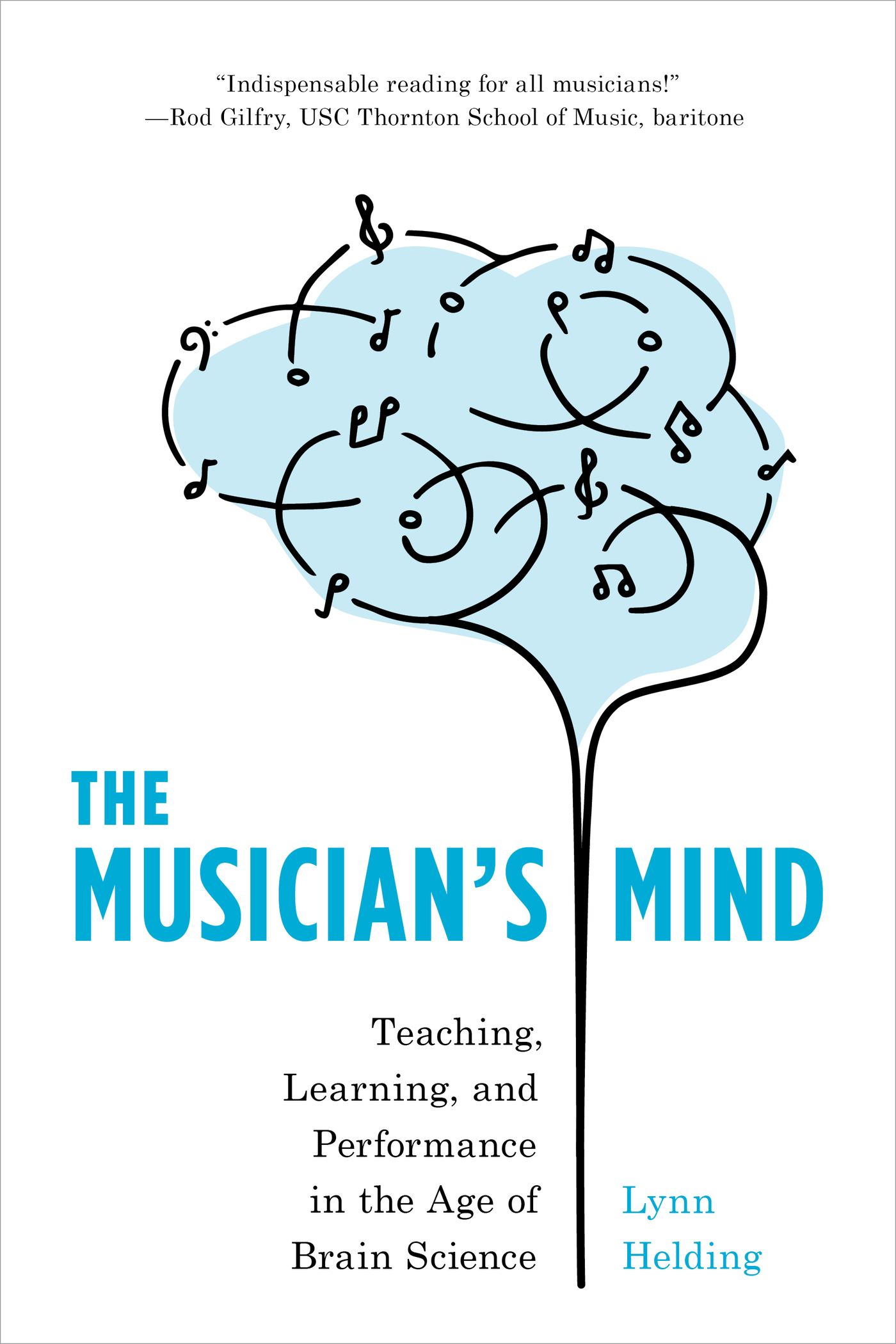
Of Systems Breakdowns and Musicians Brains
Systems breakdownswhether of marriages, hip joints, or laptopsare little disasters that interrupt normal function. In scientific brain research, however, systems breakdowns are seen as priceless opportunities for studying intact systems. According to this reductionist viewpoint, not only does devastation in one part of the brain reveal how it must have operated when it was healthy, but insights are also gleaned by observing how the healthy components compensate for the diseased ones.
Both the birth of brain science and the creation of this book owe some of their origin story to breakdowns. In the case of brain science, it was the gruesome accident of railroad worker Phineas Gage, who blasted out his left frontal brain lobe when gunpowder and a tamping iron collided on the job. In the case of this book, the breakdown occurred within my instrument.
As a music student pursuing an operatic career the early 1980s, I had acquired a healthy and solid classical vocal technique through work with my first voice teacher. With the certainty provided by some performance kudos and a few major singing competition wins under my belt, I left home to pursue further music studies at a renowned school of music. But after only six seeks in my new teachers studio, I began to lose my voice, most often immediately following my voice lessons. Logic directed me to tell my teacher, but that only generated a scolding that I wasnt practicing hard enough, that I must actually practice more. Dutifully following this directive, I rapidly spiraled into vocal distress.
So began my long education into voice physiology and the scientific principles of vocal production, begun by voice teachers Ralph Appleman and William Vennard in the 1960s and masterfully propelled forward by voice pedagogue Richard Miller in the 1980s. With the help of an excellent voice technician who espoused Millers systematic vocal technique, I quickly regained my instrument, convinced that voice science could bridge the gap between what Miller had dubbed the historic Italian school of singing and the current century and, more importantly, that voice science could answer age-old questions and settle tiresome debates. (What is breath support, anyway?)
In my burgeoning teaching career, I eagerly heeded Millers exhortation that, as teachers, we owe it to our students to be able to take advantage not only of everything that was known 200 years ago, but also of everything that is known today and ramped up my efforts in what I came to call the Doctrine of Accumulation. That doctrine was simple: the more you know about the physiology of the voice and the way that vocal acoustics work, the better you can sing and teach singing. It seemed to me, then, that what one knows matters most.
A similar mode of thinking can be found within the pedagogies of almost every musical instrument (at least for the classical instrument families that comprise the traditional American music conservatory), even though the standard teaching method in those schools is based on the European master-to-apprentice model, wherein technical knowledge is bequeathed to students in highly personal, subjective, and idiosyncratic ways. Yet for every ten music teachers like this who do not teach the physiology of the body parts that it takes to drive their instruments, there is at least one who is sold on the idea that knowledge of the biomechanics of the wrist, the delicate facial muscles that construct an embouchure, or the components of respiration are critical to advancement, self-care, protection from harm, and recovery in the event of a systems breakdown. This type of knowledge is, in my view, vital for effective and humane music teaching. Indeed, many in our profession would do well to heed the ancient Hippocratic oath of physicians: Primum non nocere, First, do no harm.
Yet regardless of which method music teachers choosean empirical one, based on their own artistic experience, or a scientific one, built on a base of knowledge accumulated by many people over timethe transference of that knowledge from teacher to student ultimately hinges on the ability of the student to absorb it. Indeed, such a knowledge base is virtually worthless to the student if they cannot understand it. Unfortunately, this truth provides the perfect rationale for science-averse teachers to eschew science or evidence-based pedagogies altogether.
Nevertheless, there are a number of musicians within every instrument family who earnestly pursue the science behind their instruments, propelled by a combination of fascination with facts and concern for their students and bewitched by the Doctrine of Accumulation. Eventually, though, many who reach the far shore of knowledge with their priceless cargo intact will discover that they cannot get their goods to marketthey cannot install their treasures with equal measures of speed and success into their students mindsand are stymied by the realization that what one knows as a musician is no guarantee whatsoever of teaching success.
This revelation occurred to me in stages. The first stage was acceptance of its truth, which allowed a different question to reveal itself, the urgent question of How? Assuming one possesses the knowledge in the first place,
Next pageFont size:
Interval:
Bookmark:
Similar books «The Musicians Mind»
Look at similar books to The Musicians Mind. We have selected literature similar in name and meaning in the hope of providing readers with more options to find new, interesting, not yet read works.
Discussion, reviews of the book The Musicians Mind and just readers' own opinions. Leave your comments, write what you think about the work, its meaning or the main characters. Specify what exactly you liked and what you didn't like, and why you think so.

